About us
PROTECTION MECHANISMS
On a base of the size of the complaints, reports and suggestions facility are collected exclusively by the URP.
The User finds the complaint or report form at the entrance near the CUP, fills out the form and inserts it in the appropriate box. Alternatively, the user can send the report via the form found on the Facility website or by sending an email to the URP manager to the e-mail address: europeanhospitalspa@legalmail.it.
The complaint management process is managed entirely by the URP, from receipt of the complaint to the filing of the file.
The timing of the various phases of evaluation of the complaint or the reporting procedure may take place in variable times, based on the needs of the investigation and the activities of the URP. However, the time between receiving and formalizing the complain, and the official reply to the Patient / User does not exceed 30 working days.
In case of failure by the Facility to fulfill their rights, the patient can apply to the Court for the Rights of the Patient.
National Headquarters:
Via Flaminia, 53 - 00196 Roma
Phone: 06 367181 - Fax 06 3671833
The Hospital Infection Control Committee (CIO) was established following the Ministerial Circular no. 52/1985 ("Fight against Hospital Infections") which provides:
- the definition of guidelines to combat the onset of hospital infections;
- continuous surveillance and application of control measures;
- specific staff training.
Furthermore, the Facility, in collaboration with the IOC, has activated an agreement with the National Institute for Infectious Diseases IRCCS Lazzaro Spallanzani for methodological support services, infectious disease consultancy and management of surveillance, control and training interventions on the prevention of infections linked to care procedures.
Furthermore, the Facility, in collaboration with the IOC, has activated an agreement with the National Institute for Infectious Diseases IRCCS Lazzaro Spallanzani for methodological support services, infectious disease consultancy and management of surveillance, control and training interventions on the prevention of infections linked to care procedures.
- on its observance by all recipients;
- on the effective effectiveness in preventing the commission of crimes;
- on the implementation of the provisions contained therein;
- on its updating, in the event that there is a need to adapt the Model due to changes that have occurred to the corporate structure and organization or to the reference regulatory framework.
The Clinical Risk Committee is present at the European Hospital, an interdisciplinary and multi-professional group responsible for coordinating the identification of clinical risk and the analysis and planning of improvement interventions.
The Committee intends, in particular, to raise the awareness of all operators on the issue of clinical risk and its prevention, as well as on the need to report adverse events.
For all invasive or particularly important health treatments, the patient must be given the fullest information on the recommended treatment, on any alternatives and on the risks and advantages related to these.
The patient must express in writing their consent, or dissent, which will be binding on the operator and the facility. The valid will is that of the patient who is able to understand and want or, if not, who, according to current legislation, can validly replace him.
If the information given is not considered sufficient, the patient, before affixing his signature, can request any clarification he deems necessary to decide.
The information, by the medical staff, on the health conditions and on the treatment program followed, is provided to patients, and to the persons delegated by them, in compliance with the privacy legislation, on the days and at the times indicated in the ward.
The staff cannot provide telephone information on the health conditions of hospitalized patients.
At the time of discharge, comprehensive written documentation will be delivered which includes the results of the clinical investigations carried out and the treatments performed, the recommended therapy and suggestions for any outpatient checks; it is important to show this documentation to your doctor and keep it carefully.
